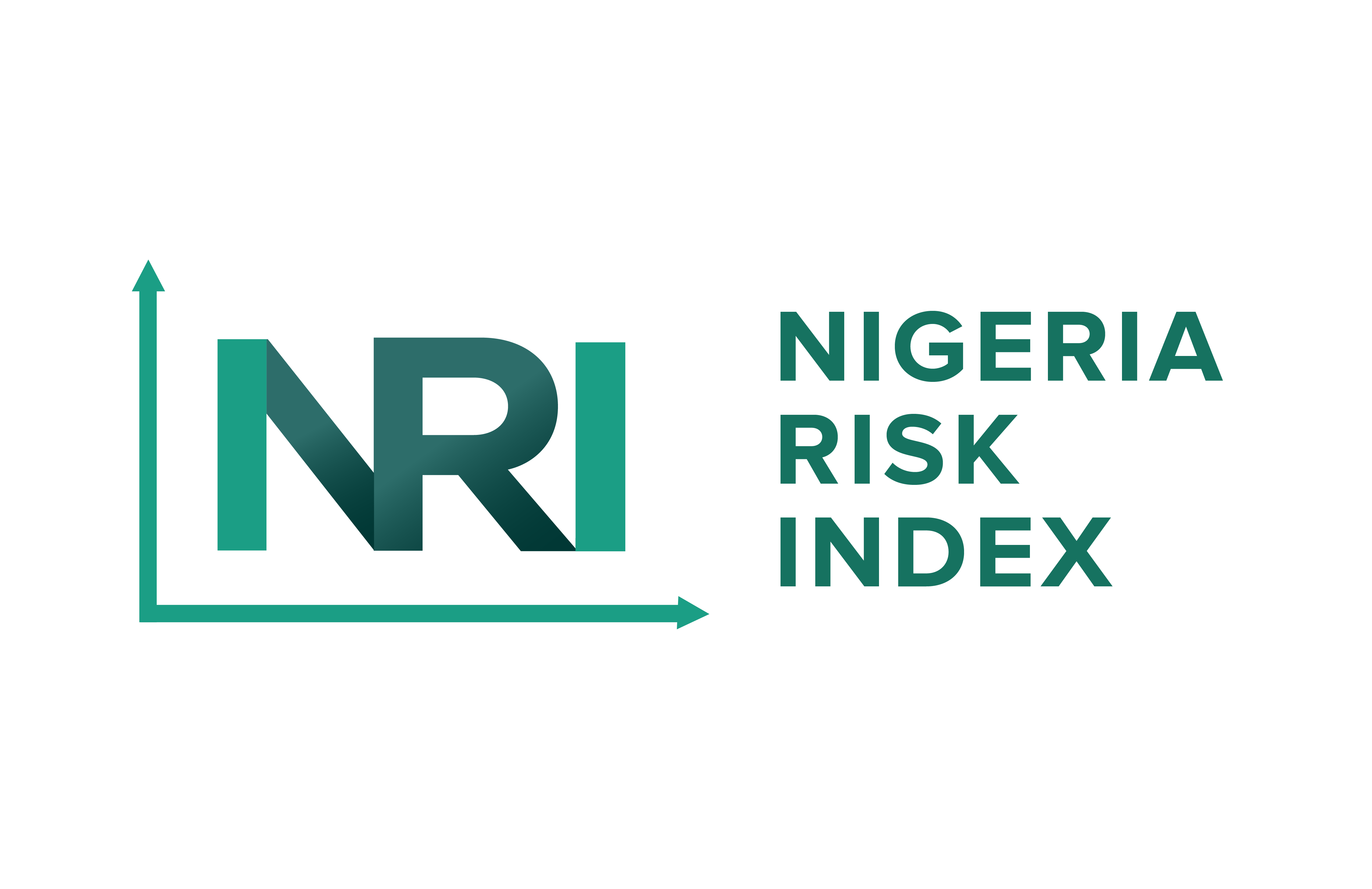Insights
Nigeria’s heavy dependence on crude oil as its primary revenue source continues to present a major economic risk, with implications that have only deepened as of April 2025. Although oil accounts for less than 10% of the country's GDP, it contributes over 75% of export earnings and nearly 50% of government revenues, exposing the nation to global price shocks and external demand volatility.
Over the past year, oil prices have experienced significant fluctuations, driven by a combination of geopolitical tensions, sluggish global demand, and shifting energy policies among major economies. With Brent crude oscillating between $65 and $85 per barrel since late 2024, Nigeria’s fiscal projections have been thrown into uncertainty. The government’s 2025 budget, benchmarked at $77.96 per barrel, is now under pressure as prices trend downward, threatening planned public spending and capital projects.
The implications for businesses are far-reaching. Reduced government earnings often lead to delays in contract execution, subsidy payments, and infrastructure development—all of which affect the private sector’s ability to plan and scale. Moreover, state governments that rely on monthly federal allocations suffer revenue shortfalls, leading to wage delays and stalled state-level projects.
While efforts to diversify the economy have been ongoing, progress remains slow. Non-oil sectors like agriculture, solid minerals, and ICT are still underfunded or underregulated, lacking the scale to cushion the shocks from oil market volatility. This structural imbalance makes it difficult for businesses operating in Nigeria to achieve long-term financial stability, especially those tied to government contracts or reliant on public infrastructure.
To mitigate this risk, strategic economic diversification needs to move beyond rhetoric. Investment in processing industries, export-oriented manufacturing, and incentives for SMEs in non-oil sectors must be prioritised. Businesses, on their part, are advised to conduct scenario planning around oil-price-linked risks, hedge against naira volatility, and monitor fiscal policy updates closely.
Until Nigeria decouples its economic survival from the ebb and flow of crude oil markets, this risk will continue to cast a long shadow over its business landscape.

The Risk Control Team
Related Blog Posts
- GENOCIDE OF CHRISTIANS – IS NIGERIA GUILTY AS CHARGED?
- Is Nigeria under President Tinubu’s Administration, Finally Controlling Its Economic Risks?
- Nigeria's Cybercrimes Act 2025
- Northern Nigeria’s Peace Deals With Bandits: Truce or Time Bomb?
- The Dangote-Transporters Impasse: A Clash of Modernisation and Tradition
